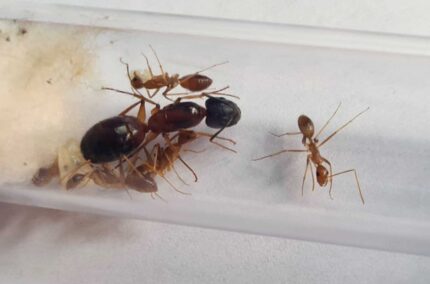
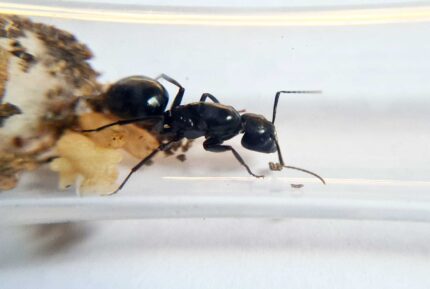
Camponotus japonicus
99,90 zł – 189,90 zł
The Camponotus japonicus is a monogynous ant species with a colony size of up to 5000 workers. They have a medium development rate and are primarily black in color. Their nutrition consists of food insects, syrup, fruits, vegetables, jelly, and cooked chicken without salt. The queen measures 15-18mm while workers range from 6-9mm and majors from 9-14mm.
| Behavior | |
|---|---|
| Difficulty in breeding | |
| Origin | |
| The size of ants | |
| Wintering |
Camponotus japonicus
Colony Type: Monogyny
Colony Size: Up to 5000 workers
Development Speed: medium
Size
- Queen: 15-18 mm
- Workers: 6-9 mm
- Majors: 9-14 mm
All members of this species have a striking black color, which adds to their unique appearance.
Nutrition
Camponotus japonicus has diverse nutritional needs. Their diet includes:
- Food insects such as cockroaches and crickets.
- Syrup made by mixing water and honey in a ratio of 4:1 or 3:1, providing a high-energy food source.
- Fruits and vegetables, which offer essential vitamins and minerals.
- Jelly, a soft and gelatinous substance that serves as a supplementary food source.
- Cooked chicken without salt, providing the necessary protein requirements.
It is important to provide a varied diet to ensure the well-being and health of the colony.
Arena Conditions
The ideal humidity and temperature conditions for Camponotus japonicus are as follows:
- Arena Humidity: 40-60%
- Nest Humidity: 50-70%
- Arena Temperature: 24-28 °C
- Nest Temperature: 20-24 °C.
Creating a controlled environment with appropriate temperature and humidity levels is vital for the well-being and reproductive success of Camponotus japonicus.
Species Features
As a black Camponotus species, Camponotus japonicus stands out with its distinctive appearance. These ants have a fast development rate, which is advantageous for breeding purposes. The ability of Camponotus japonicus to develop quickly allows for rapid colony growth and expansion, making them an intriguing species to observe and study.
Recommended Nests
For successful breeding and colony development, it is essential to provide suitable nests for Camponotus japonicus. The following types of nests are recommended:
- Acrylic nests: These nests offer great visibility and allow for easy observation of the colony’s activities.
- Cork nests: Nests made of high-quality cork provide a natural and comfortable habitat for the ants.
- Plaster nests: Plaster nests are durable and provide excellent insulation to maintain stable temperature and humidity levels.
- Aerated concrete nests: These nests are known for their durability and suitability for long-term ant keeping.
Choosing the right nest type is crucial in ensuring the well-being and successful development of Camponotus japonicus colonies.


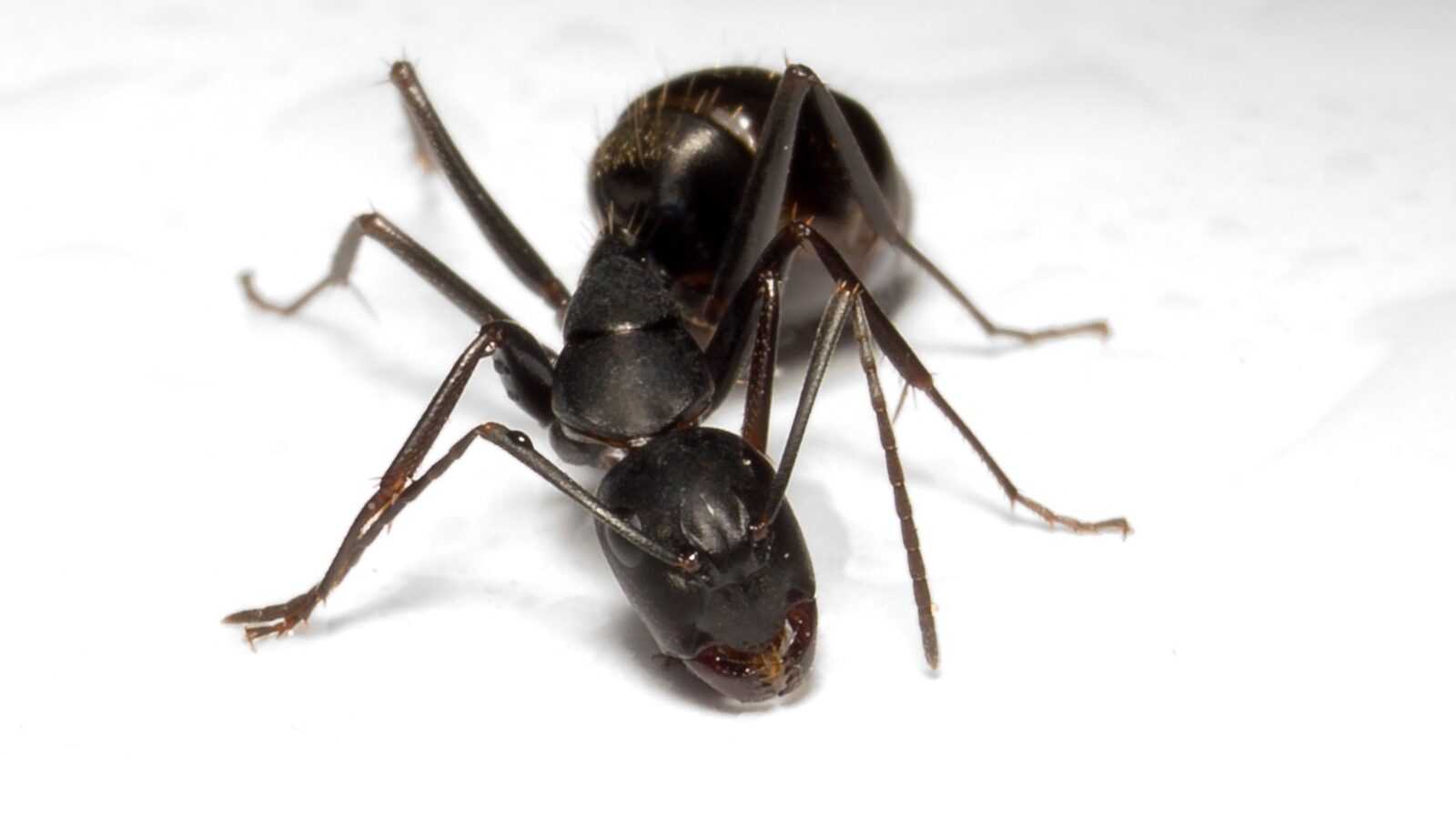
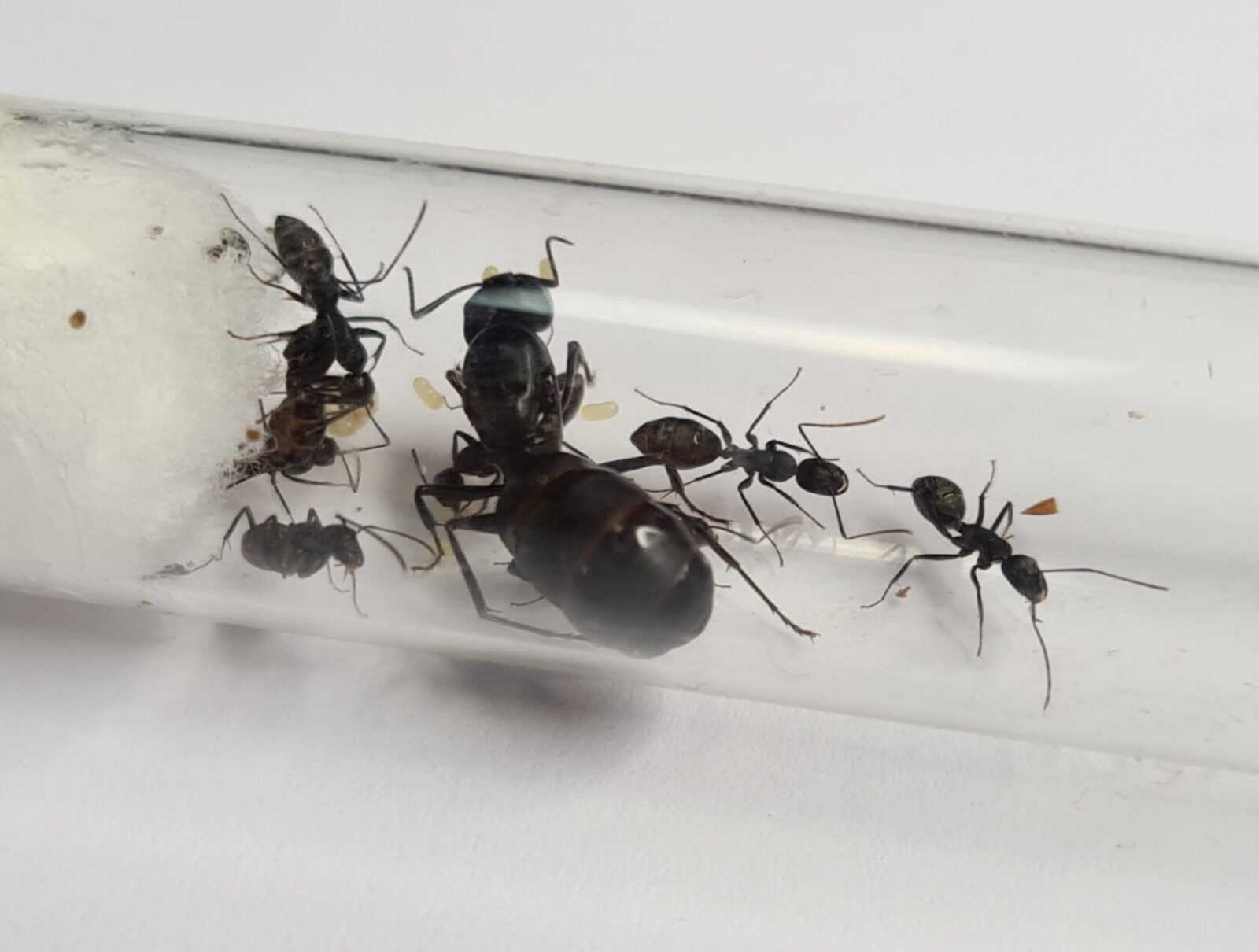

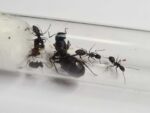
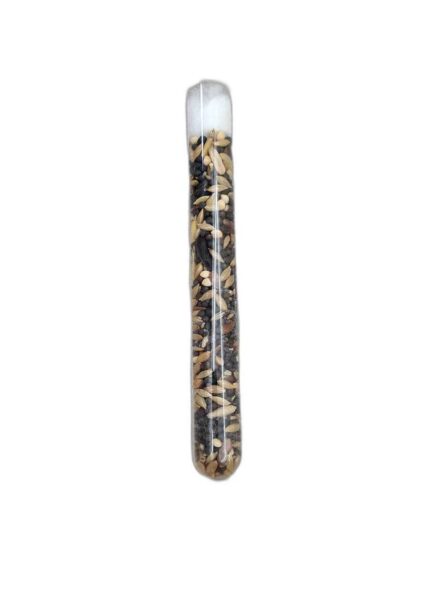
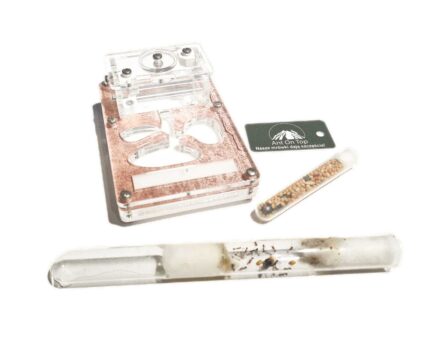
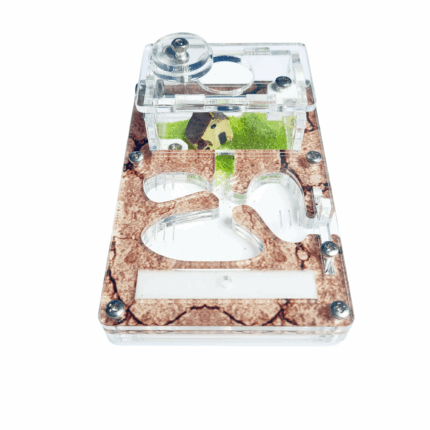
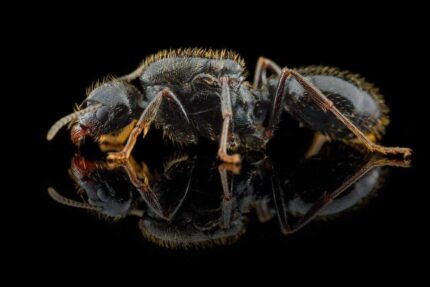
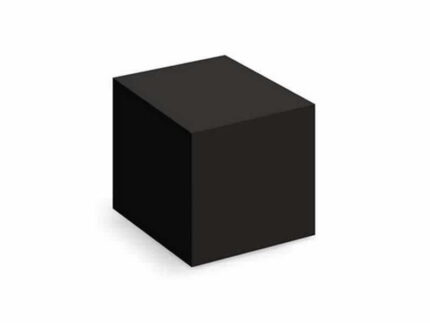
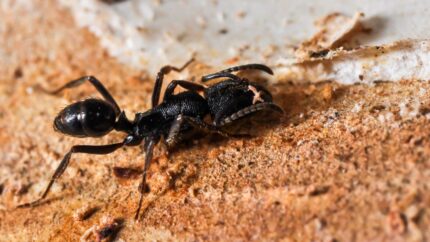
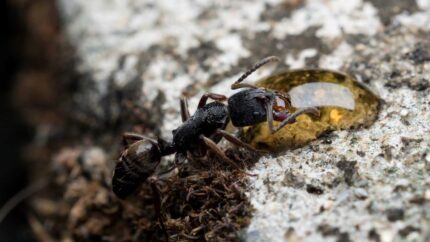
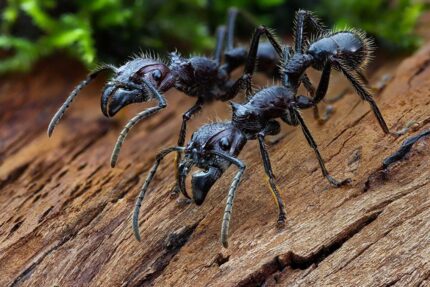
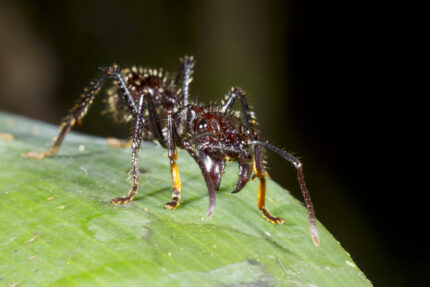
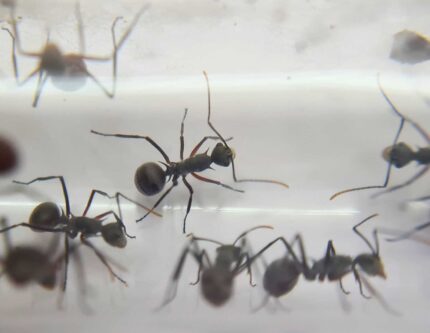
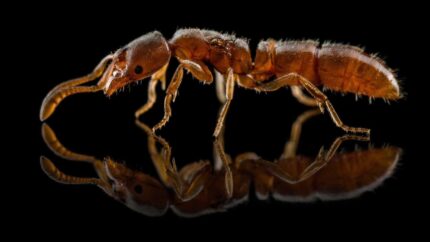
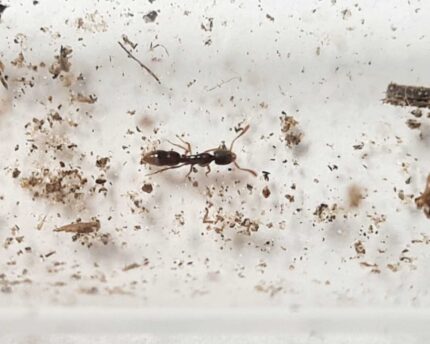
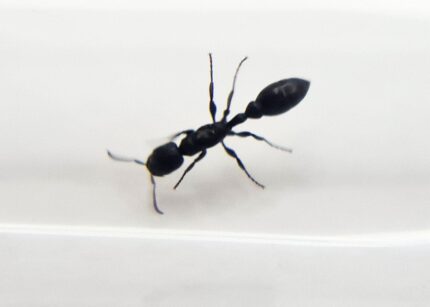
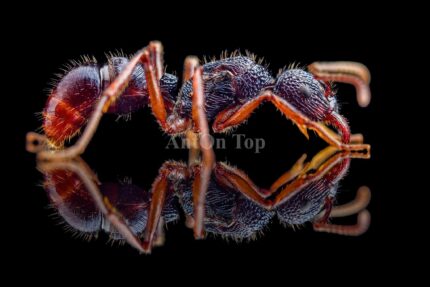
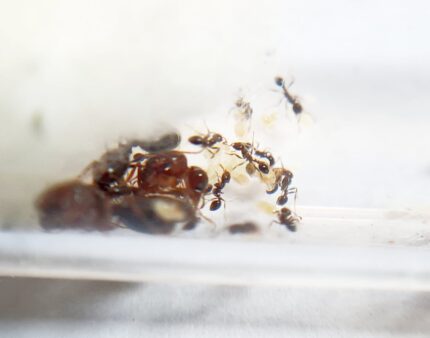
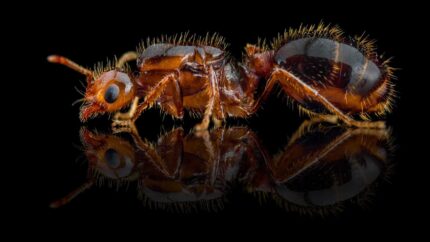
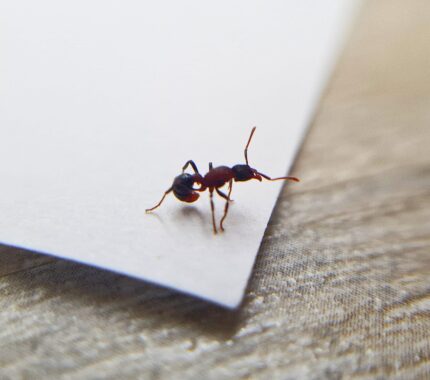
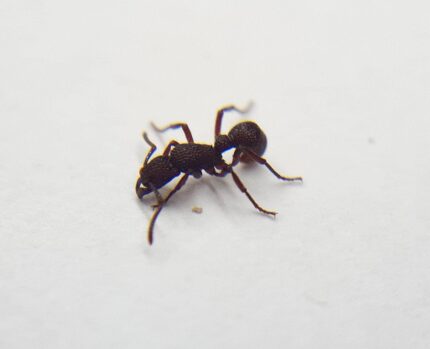
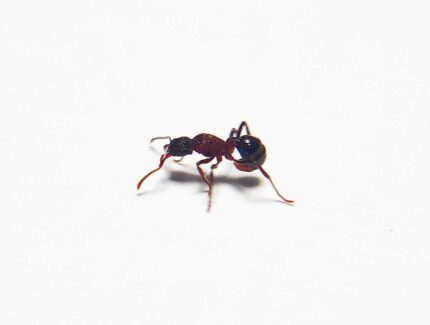
Valoraciones
Clear filtersNo hay valoraciones aún.